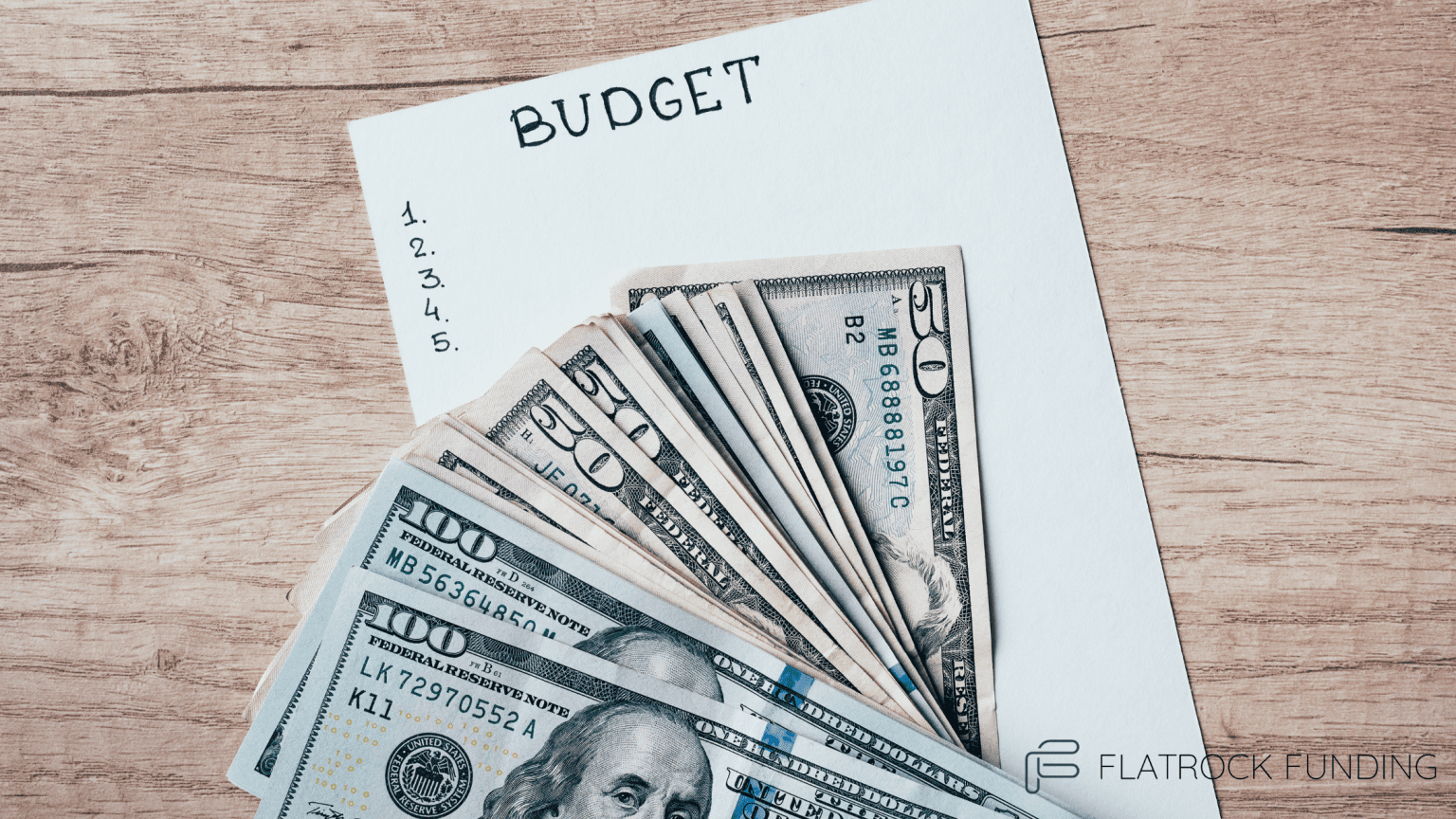
©2025 Flatrock Funding. All right reserved
* FICO is a trademark of Fair Isaac Corporation.
* The actual loan amount, term, and APR amount of loan that a customer qualifies for may vary based on credit determination and state law. Minimum loan amounts vary by state. * Example: Loan Amount: $4300.00, Annual Percentage Rate: 24.00%, Number of Payments: 30, Monthly Payment: $191.99
* The approval process may take longer if additional documents are requested. Approval and loan terms will vary based on credit determination and state law.
* These products/services are not offered to all state residents.
* Testimonials reflect the individual’s opinion and may not be illustrative of all individual experiences with Flatrock Funding.
You received this offer because you met certain criteria for creditworthiness. Although Flatrock Funding is not a lender and does not engage in the business of lending, we have working relationships and contacts with a network of independent lenders (“Lenders”) who may be able to provide you with credit. Any of the Lenders may decline to extend credit to you if, after receiving your application, a Lender finds that you do not continue to meet the criteria Flatrock Funding used to select you or a Lender may not extend credit to you if you do not meet any applicable criteria bearing on your creditworthiness established prior to your selection. Usage of your Personal Offer Code is required in order to receive this special offer. Annual Percentage Rates (APR) range from 2.92% (AAA) to 24.99% (DD+). To qualify for an AAA Flatrock Funding Rating, you must have excellent credit and meet other conditions. Sample annual percentage rates are for illustrative purposes and actual annual percentage rates range from 2.92% (AAA) to 24.99% (DD+) based on a proprietary scoring system. Account Approval is subject to Flatrock Funding’s approval including but not limited to: Application review, verification of your credit history, credit score, monthly expenses, identity verification and employment and income verification. The creditor for all accounts will be the originating Lender and not Flatrock Funding.
* You can read about our Privacy Policy here and our Terms and Conditions here.
